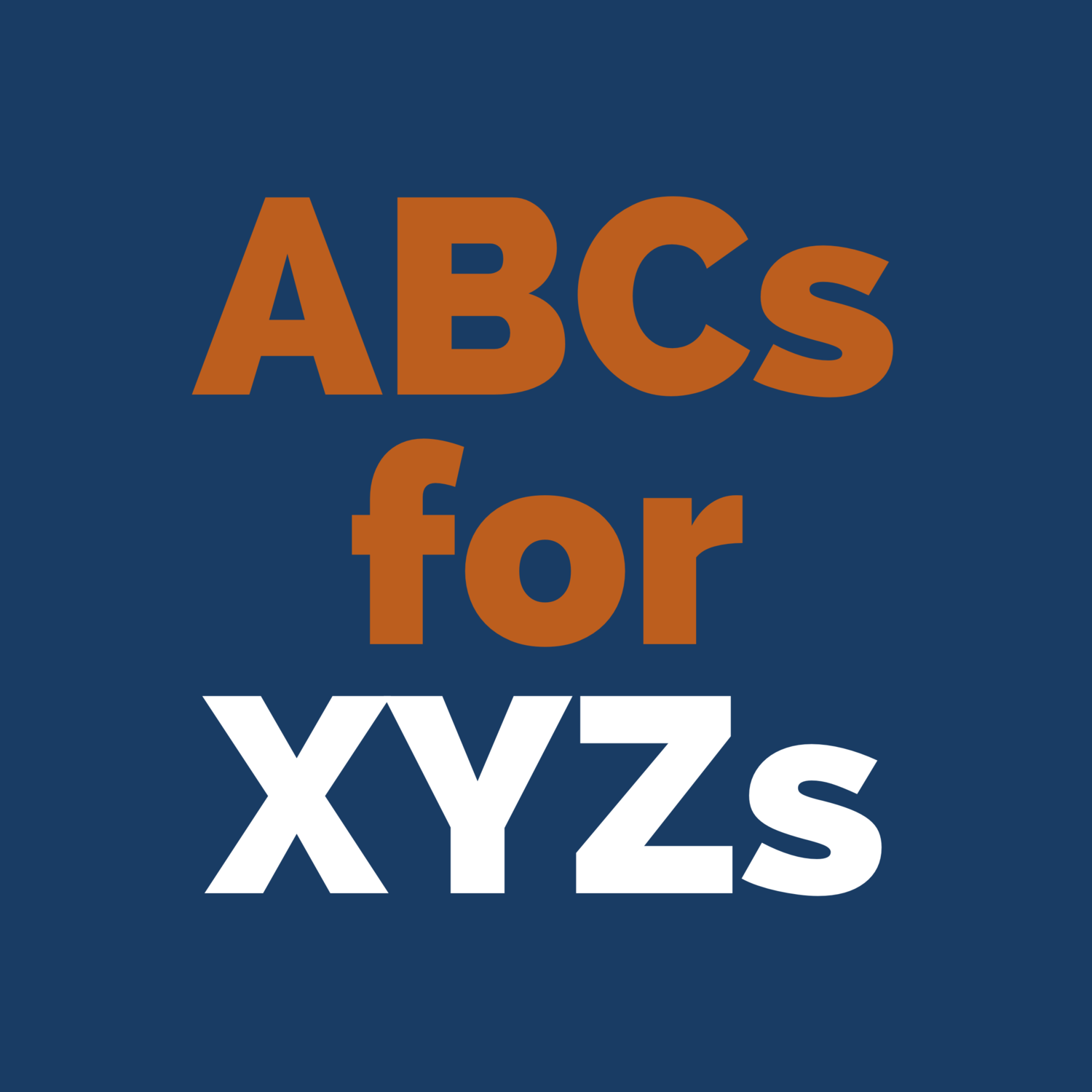Top 3: Death of a parent
Experiencing a life changing event can feel overwhelming. In this series, we help narrow down your to-do list by focusing on the Top 3 areas for attention and action. Use these guides and make progress as easy as 1, 2, 3.
1. Contact trusted professionals, including financial advisor and attorney
At the time of passing, notify your parent’s network of trusted professionals. While you may be inclined to call an attorney first, it may be more beneficial to start conversations with a financial advisor. Typically, advisors manage a broader financial landscape and can provide a greater breadth of information regarding active accounts, ownership titles, values, and beneficiary designations. This overarching review will provide the opportunity to familiarize yourself with your parent’s financial situation (if you have not been able to do so already).
Additionally, settling a loved one’s affairs can be time consuming and complicated – be mindful that most attorneys charge fees on an hourly basis. A financial advisor may serve as a helpful resource and offer a less expensive head start.
2. Compile official documents and records, including copies of the death certificate, will, and Beneficiary Directory®
There are a variety of official documents and records needed after the death of a parent. First, obtain a certified death certificate – it is best practice to order several copies since various parties, such as insurance companies, banks, and government agencies, will require an original version.
You should also locate a copy of your parent’s will – not sure where to look? Turn to your parent’s Beneficiary Directory®. This single workbook will identify the locations of various key documents needed after death. In the absence of a Beneficiary Directory®, start your search with common holding areas, such as safes and desks.
3. Monitor or forward mail to collect incoming bills and statements
There will be a variety of incoming mail to manage. Take inventory of everything - including accounts, Social Security and/or Veterans benefits, bills, subscriptions, and more. Be certain to regularly open and review mail to avoid overlooking time sensitive and important items. Keep documents organized and readily accessible, as needed.








